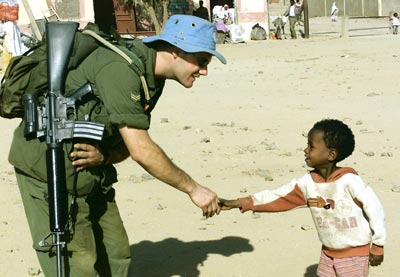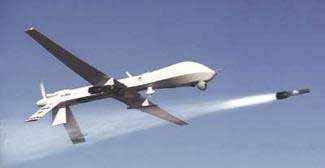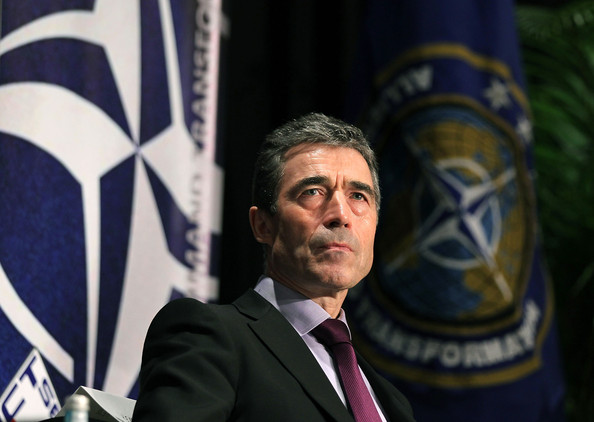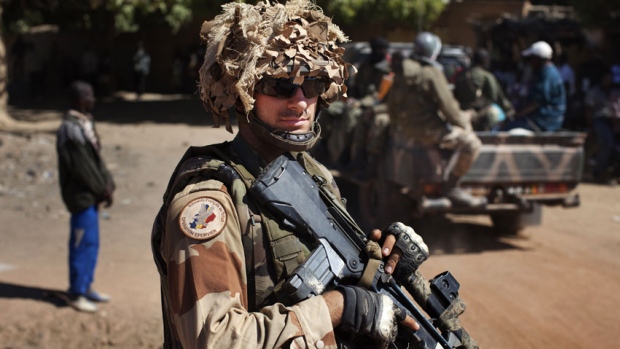There has been much debate in recent years as to how best to address conflict resolution as well as the post-conflict reconstruction of countries emerging from decades of strife in Africa and elsewhere around the world. This debate, taking place in arenas both political and academic, has produced a jargon all its own: peacebuilding versus peacekeeping, conflict management versus conflict transformation, and so on. A wide range of approaches have been employed to varying effect. For example, the European Union has begun to deploy large-scale training missions in response to ongoing crises, aiding Malian, Nigerian, and Somali military forces to attain the capacity to secure their own respective countries. But what about those countries that no longer dominate the headlines, where violent conflict has subsided, but a certain degree of instability lingers?
While there is no one-size-fits-all solution to post-conflict rehabilitation, Canada’s engagement with Sierra Leone may provide a positive example going forward. Between 1991 and 2002, Sierra Leone was devastated by civil war, which resulted in the destruction of the country’s infrastructure, the displacement of over two million people as refugees, and more than 50,000 deaths. In the years immediately following the war, elections were marred by violence between the supporters of the country’s two main political parties. However, the country has since made significant progress in terms of economic development, and recent discoveries indicate that Sierra Leone possesses an abundance of natural resource wealth.
[captionpix align=”right” theme=”elegant” width=”320″ imgsrc=”http://www.ucalgary.ca/peacestudies/files/peacestudies/images/2008%20Listen%20to%20the%20Children%20Container%20(distributing%20items%20in%20SL)%20105.jpg” captiontext=”Canada is the 4th largest contributor to UN Peacebuilding Fund for Sierra Leone”]
In order to help ensure the sustainability of this economic and social development, Canada has sought to consolidate peace in Sierra Leone through a diversified approach. On the one hand, recognizing the importance of justice and reconciliation for the people of Sierra Leone, relevant Canadian institutions have contributed over $18 million to the Special Court for Sierra Leone, an international judicial body which convicted former dictator Charles Taylor of war crimes and crimes against humanity in April 2012. Supplementing this, the Canada Fund for Local Initiatives has been established, which supports local civil society groups that work in the area of human rights, good governance, and related issues.
At the same time, Canada is participating in the development of a professional military that can both ensure the security of the country and potentially engage in peacekeeping missions abroad. To this end, Canada has launched initiatives that assist the Republic of Sierra Leone Armed Forces (RSLAF) at the operational and tactical levels, while also coordinating support at the level of the United Nations. That is to say, Canada has chaired the UN’s Sierra Leone Peacebuilding Commission since 2009, but Canadian Forces personnel also frequently provide training assistance directly to the RSLAF through a number of different programs. Cementing this commitment to the development of a professional military, Canada has emerged as the fourth largest contributor to the UN Peacebuilding Fund for Sierra Leone, having donated almost $34 million to date.
In short, the Canadian engagement with Sierra Leone takes a comprehensive view of security. Rather than limiting involvement purely to the exchange of military officers or the provision of humanitarian relief, Canada has attempted to strengthen Sierra Leone’s civil society, judiciary, and military. While the financial commitment has been considerable, Canada has also successfully managed the extent of these commitments by targeting aid to those areas most integral to the maintenance of peace and security in Sierra Leone. Finally, and perhaps most importantly, Canadian officials have closely consulted with their counterparts in Sierra Leone to tailor the assistance provided according to local needs, rather than imposing solutions from abroad.
The results of the partnership are telling. Less than a decade after the end of Sierra Leone’s terrible civil war, the RSLAF has begun to contribute troops to African Union peacekeeping missions, in part thanks to training assistance from the Canadian Forces. In 2009, Sierra Leone deployed a reconnaissance company to serve with the United Nations-African Union Mission in Darfur. In 2011, Sierra Leone committed to the deployment of a battalion of 850 troops to the African Union Mission in Somalia. Early in 2013, Sierra Leone also deployed a supply battalion of 500 soldiers in support of the African-led International Support Mission to Mali. Given the level of professionalism attained by the RSLAF, the operation which constituted the bulk of Canada’s training assistance has ended under mutual agreement.
In light of this, Sierra Leone presents a case study both in terms of Canada’s collaboration with African states, but also regarding best practices in post-conflict rehabilitation. With the international community racing to restore stability to the Sahel, actors like the European Union might benefit in years to come from the example of Canada’s cooperation with Sierra Leone.




